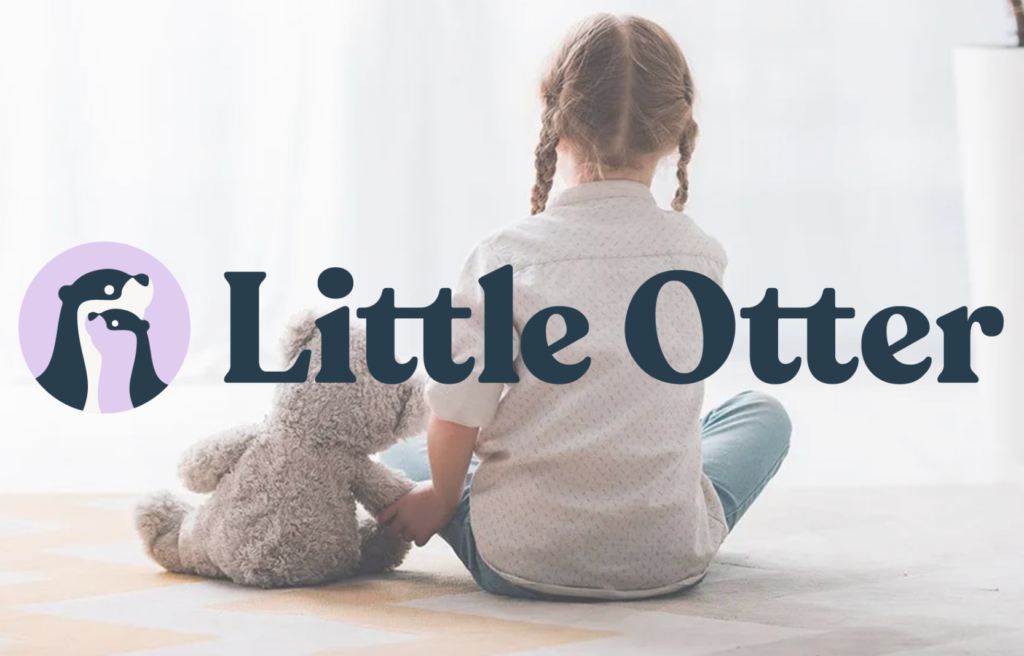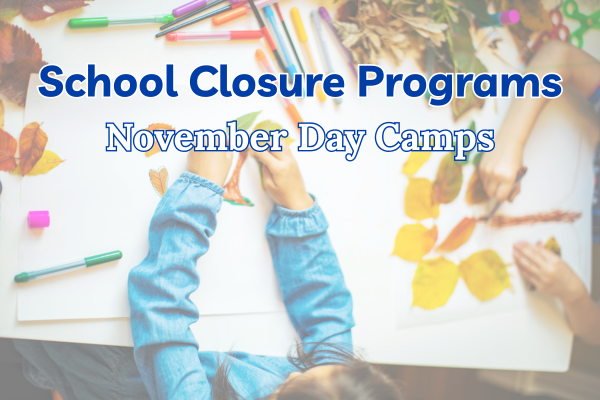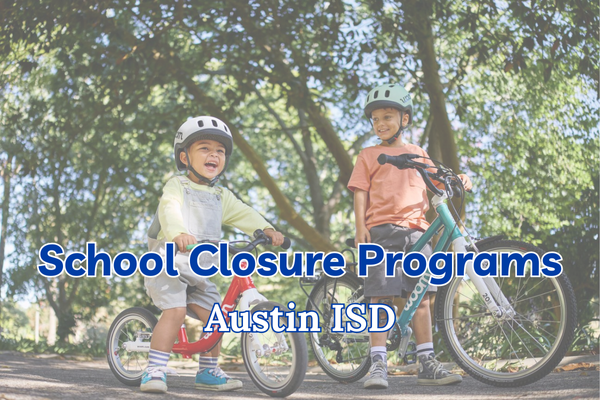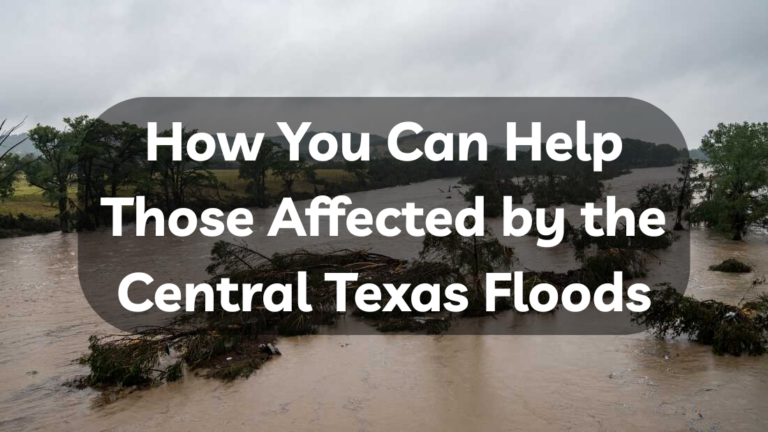A Child Psychiatrist’s Advice for Families Impacted by the Texas Floods

We’ve heard from many parents who are struggling with how to talk to their children about this tragedy. The question of how to begin (what to say, how much to share, and how to support their grief) can feel overwhelming in the face of such profound loss.
To help, we partnered with Little Otter and their co-founder, Dr. Helen Egger, a leading child psychiatrist, to share guidance on how to navigate these difficult conversations. You can read the full post below. We hope it offers a starting point for families facing these heartbreaking moments with tenderness, honesty, and care.
Little Otter provides expert, whole-family mental health care, making sure both children and parents get the support they need.

To the parents and families of Texas,
Our hearts are utterly broken for you. The devastating floods have brought an unimaginable tragedy to our communities. The loss of so many lives, including children at the summer camp, is devastating.
For those of you who have lost a child, please know we grieve with you. There is no greater pain than losing a child. We also know that many families are still waiting for news about their loved one. Others know families directly impacted. Many adults and children are grappling with fear and confusion.
I want to share some guidance on how to navigate these impossible days.
Your first job is to breathe. Your second is to give yourself and your children grace. There is no right way to feel, and there is no timeline for grief. In these early days, we have to keep going in the face of tragedy.
How to Support Your Children
Children process trauma and grief differently depending on their age, but they all look to you for cues on safety and emotional expression.
For All Children
- Create Safety and Routine: In a world that feels chaotic, predictability is a comfort. Stick to regular meal times, bedtimes, and simple daily rituals as much as possible. This creates a small island of stability.
- Listen More Than You Talk: Ask open-ended questions like, “What have you been thinking about?” or “What have you heard?” Let their questions guide the conversation. You don’t need to have all the answers. Sometimes, just saying, “I’m so sad about it too, and I don’t understand it either,” is the most honest and helpful thing.
- Limit Media Exposure: Shield your children from the repeated, graphic images and news reports. They can be re-traumatizing. If you are watching the news, do it when they are not around.
- Be Honest and Concrete: Use simple, clear language. Avoid euphemisms like “they went to sleep” or “they’re on a long trip.” It’s important to use direct words like “died” or “death.” For example: “There was a very big flood, and it was so powerful that some people died. It’s very, very sad.”
- Seek Professional Help: Children of all ages might benefit from support in the aftermath of a tragedy. Children who survived the flood may be traumatized. Children who have lost a sibling or family member will be grieving. Friends and community members may also be overwhelmed by grief and sadness. The earlier a child gets mental health support after a trauma or loss, the more likely they will be able to manage the challenges ahead.
For Younger Children (Ages 3-7)
- They may show their distress through behavior—becoming more clingy, regressing in potty training, or having trouble sleeping. This is normal.
- Offer extra hugs, physical comfort, and reassurance. Say, “You are safe with me,” over and over.
- Use play, drawing, or storybooks to help them express feelings they can’t name.
For Older Children & Pre-Teens (Ages 8-12)
- They have a more concrete understanding of death and may have fears about their own safety or the safety of other loved ones.
- Validate their fears. “Yes, it is scary. Let’s talk about all the things we do to stay safe.”
- They may feel helpless. Brainstorm ways to help, even small ones, like writing a card for an affected family or donating to a relief fund. This can restore a sense of agency.
For Teenagers
- They will grapple with the injustice and randomness of the tragedy. They may feel angry, numb, or deeply cynical.
- Don’t dismiss their feelings. Create a non-judgmental space for them to talk, rage, or cry. Let them know it’s okay to not be okay.
- Encourage them to connect with friends, but also keep an eye out for social withdrawal, changes in behavior, or risk-taking.
How to Support Yourself
Your children’s well-being is deeply connected to your own. Please, give yourself permission to feel your own grief.
- Acknowledge Your Own Feelings: You are allowed to be devastated, angry, terrified, and overwhelmed. It is okay for your children to see you sad. It models that feelings are normal and survivable.
- Lean on Your Community: Now is the time to lean on your partner, your friends, your family, your faith community. Don’t be afraid to say, “I am not okay,” or “I need help.” Let people support you.
- There Is No “Right Way” to Grieve: If you have lost a child, the pain is singular. There is no roadmap. Allow yourself to do whatever you need to do to survive this moment, and then the next. Don’t let anyone tell you how you should be feeling or what you should be doing.
- Seek Professional Help: There is immense strength in asking for support. Talking to a therapist or a grief counselor can provide a vital lifeline when you feel like you’re drowning. This is not a sign of weakness; it is a profound act of self-care and love for your family.
Please be gentle with yourselves and with each other. We are holding all families in our hearts.
With deepest sympathy,
Helen Egger, MD
Child Psychiatrist and Co-founder of Little Otter

Here are several free, trusted online resources to support families affected by the Texas floods and the tragic loss of lives, including those of campers and counselors at Camp Mystic.
- American Camp Association: Offers guidance for camp staff on supporting children after tragedy or death.
- Children’s Collaborative for Healing & Support: Provides free downloadable grief resources for families and caregivers navigating loss.
- Children’s Health (TX‑based): Offering free virtual behavioral health consults for families affected by the Texas floods via their Virtual Visit App (code TXFLOOD) through July 20.
- Little Otter Articles: Read expert-backed guidance on recognizing PTSD in children and supporting kids through natural disasters.
- National Alliance for Children’s Grief: Hosts a robust library of tools and education to support grieving children and teens.
- National Child Traumatic Stress Network (NCTSN): Offers evidence-based guides and toolkits for coping with trauma, grief, and disaster recovery.
- SAMHSA’s Disaster Distress Helpline: Free, 24/7 crisis counseling and emotional support. Call or text 800‑985‑5990.







